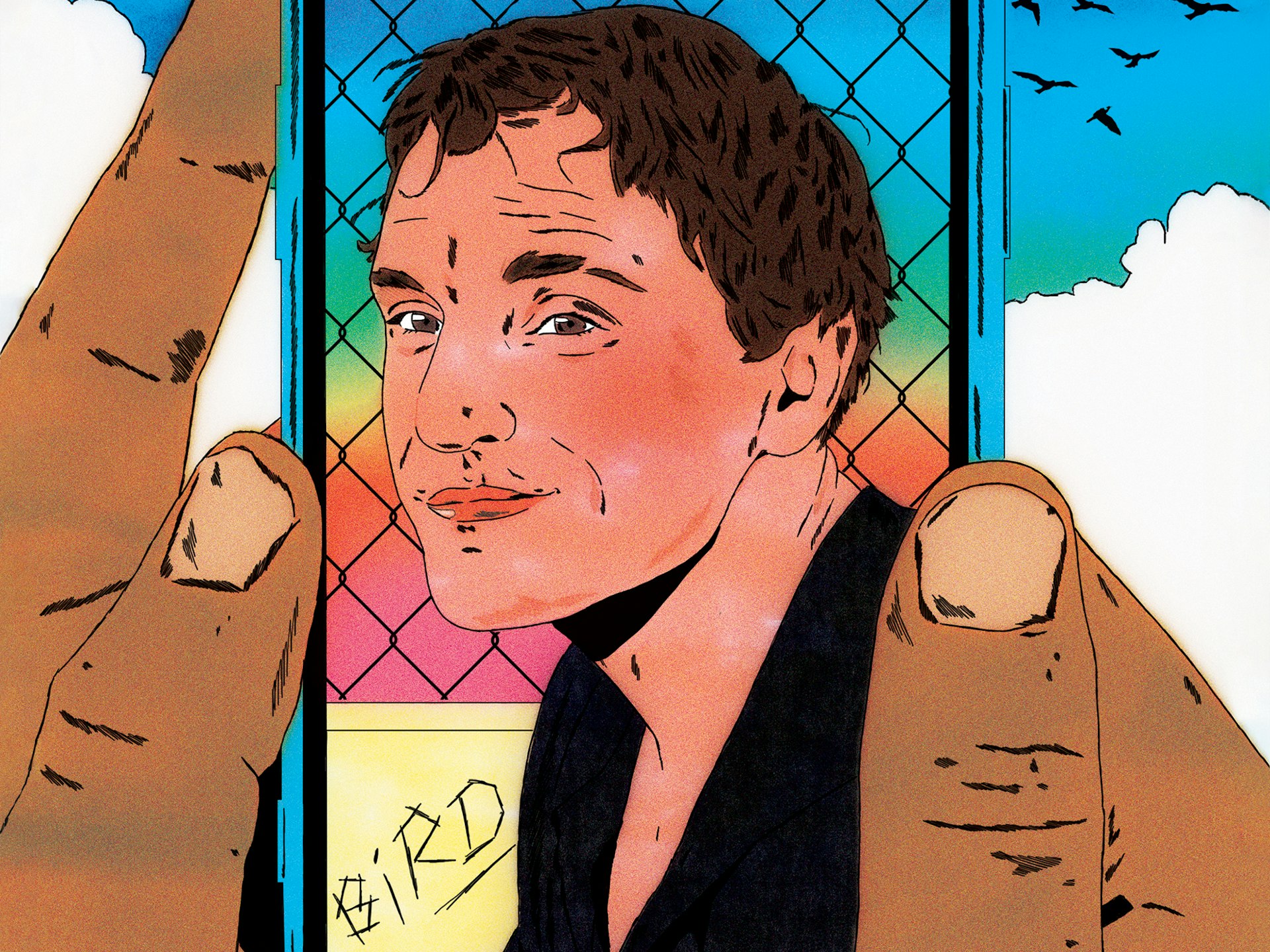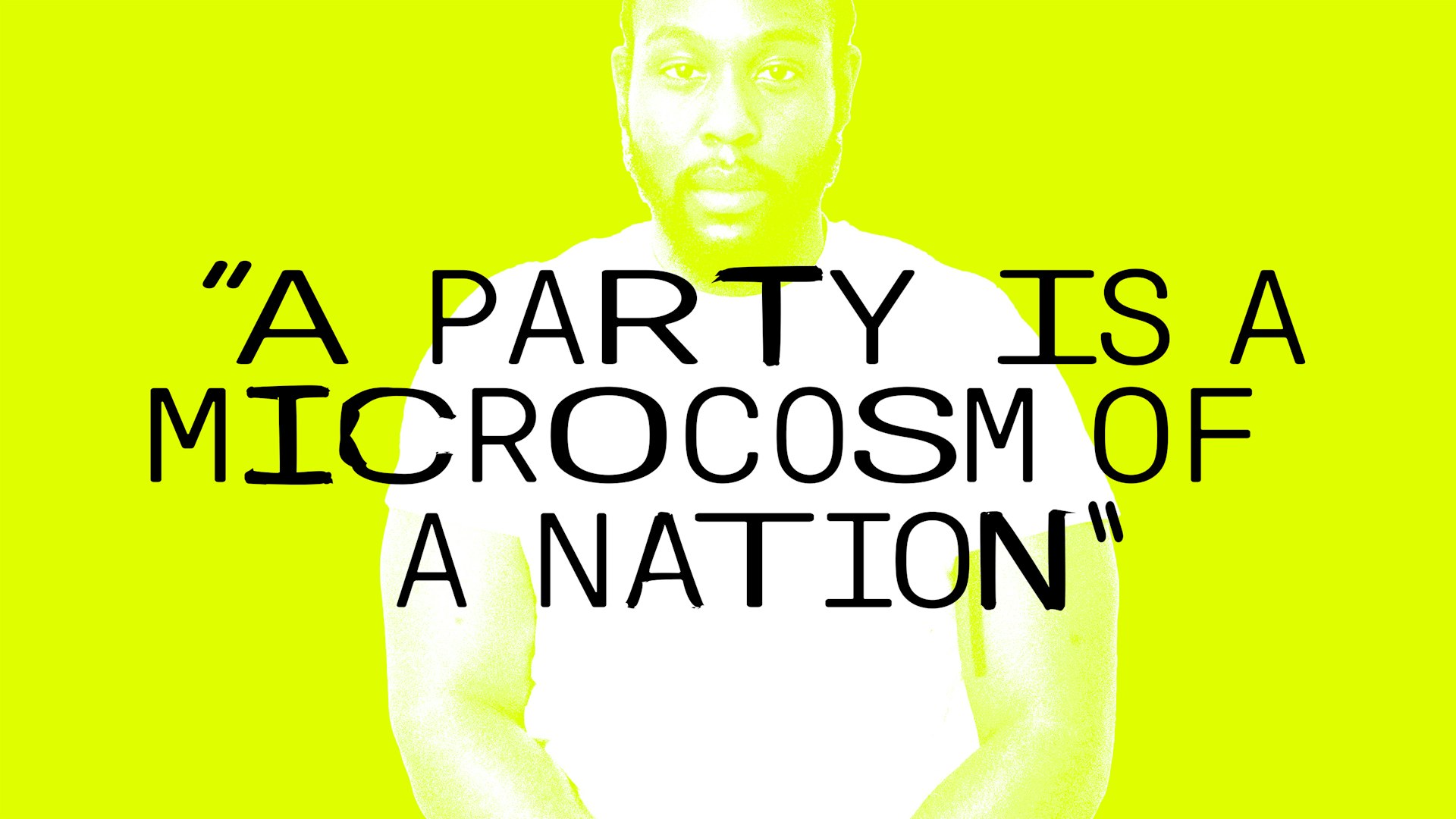Sisters Uncut: It’s time we policed the police
- Text by Sisters Uncut
- Photography by courtesy Sisters Uncut

Our hearts sank when we learnt that Wayne Couzens had used police powers and equipment to detain and arrest Sarah Everard before kidnapping, raping, and murdering her. It’s an impossible situation for a woman to be in, being confronted by a man with the full force of the law and state behind him. Many of us would have also gotten into his car.
Today, the state is falling over itself, offering ludicrous solutions to a public who now fear interactions with police. We are being told to wave down buses. To scream. To resist arrest by running away or even to obstruct police by not following orders.
Perhaps the most nefarious suggestion being made is the idea we should call the police to check on police. We now know that colleagues called Couzens ‘the rapist’ – they knew about his behaviour. We now know he is connected to several incidences of sexual misconduct dating back to at least 2015. Yesterday, we heard from a former Chief Superintendent who spoke about the fact that police officers “close ranks” to protect each other. Today, a senior police officer has finally admitted that opportunities to stop Couzens had been missed. We clearly cannot rely on the police to hold each other accountable.
This raises a fundamental question: who polices the police, if not the police? Violence is the norm in policing. Unlike any other public institution, they are empowered to detain, search, strip and question our bodies and our property. And like Couzens, abuse of these powers is a daily part of the role. Just ten days after Couzens used police powers to murder Sarah, senior officers gave the green light for their colleagues to use the same powers to harass, arrest and abuse women at the vigil for Sarah at Clapham Common.
There were witnesses who observed what they later found out to be Sarah’s kidnapping. Let’s imagine a different world, one where we withdraw the one thing the ‘hearts and minds’ policing in Britain has always relied on: our consent. Imagine a public who, instead of offering unquestioned trust to the police, recognised the immense power they have over us and began from a position of a radical desire to hold them to account.
🧵 NATIONAL CALL TO ACTION:
Sisters Uncut gathered by the Old Bailey to hold The Met accountable for their role in Sarah Everard’s murder.
From inside the court, we learnt that Wayne Couzens arrested Everard under COVID regs in front of witnesses who did not intervene. pic.twitter.com/2T2VlnDjet
— Sisters Uncut (@SistersUncut) September 29, 2021
Imagine instead the witnesses began filming Wayne Couzens. They handed Sarah a bust card explaining her rights and the legal obligations of the officer. Imagine those witnesses demanded the name, station, vehicle registration and badge number of Wayne Couzens, while also taking note of the date, time and location of the interaction. Would Sarah have gotten into the car?
Perhaps. Perhaps not. We will never know for certain. And to be clear, Sarah’s murder is not the fault of any of the witnesses. But we live in a society where our unquestioned trust in police provides the consent they need to operate unquestioned. Sisters Uncut are saying we must now withdraw that consent.
We have announced a new police intervention initiative where we will train people to intervene in stop and searches. Off the back of this, we will be looking to put this into practice by building a national network of cop watch patrols trained to intervene in police work and hold them to account.
Police intervention work is not about escalating situations. It is about ensuring those being detained know their rights, the legal obligations of the officers and it’s about ensuring the police follow the letter of the law, when all too often they don’t.
By empowering communities to police the police, we also hope to engage people in a conversation that questions the need for police in society. Sisters Uncut is an abolitionist organisation – we believe institutions of coercion and control perpetuate crime and violence, offering no solution for their end.
They create systems of punitivity and criminalisation that do nothing to address the root causes of harm, instead trapping people in cycles of violence. We want people to imagine what society could look like if we really grappled with the political, social and economic roots of crime and were empowered to hold those in our own communities to account for harm.
We want people to imagine a world without state coercion and violence, a world without police and recognise the fact the only sensible answer on offer for ‘who polices the police’ is us.
Sign up to Sisters Uncut’s police intervention training here.
Enjoyed this article? Like Huck on Facebook or follow us on Twitter.
Latest on Huck

Battling Breast Cancer as a family of photographers
A new monograph documents the journey of a young family through a traumatic diagnosis in an intimate set of portraits.
Written by: Miss Rosen

In photos: a perilous portrait of America spiralling into fascism
Photographer Debi Cornwall’s ‘Model Citizens’ is an unnerving exposé of the banality of evil that hides in plain sight.
Written by: Miss Rosen

Exploring the antifascist history of Cape Verde’s Tarrafal concentration camp
A new photobook magnifies the stories of people who had spent time imprisoned in the camp and those who helped them.
Written by: Isaac Muk

Three decades behind the scenes of the music industry
Eddie Otchere’s ‘Spirit Behind the Lens’ is a story of music and culture that crosses and transcends borders.
Written by: Isaac Muk

Barry Keoghan, Franz Rogowski and Andrea Arnold on ‘Bird’
The new issue of Little White Lies brings Andrea Arnold’s sixth feature to life with a thematic voyage down the Thames estuary.
Written by: Maisy Hunter

“A party is a microcosm of a nation”: Caleb Femi on the decline of the house party
To celebrate the publication of his new collection of poems, ‘The Wickedest’, Isaac Muk caught up with Femi to talk more about the work, the future of the shoobs, and discuss why having it large on a Saturday night should be cherished.
Written by: Isaac Muk